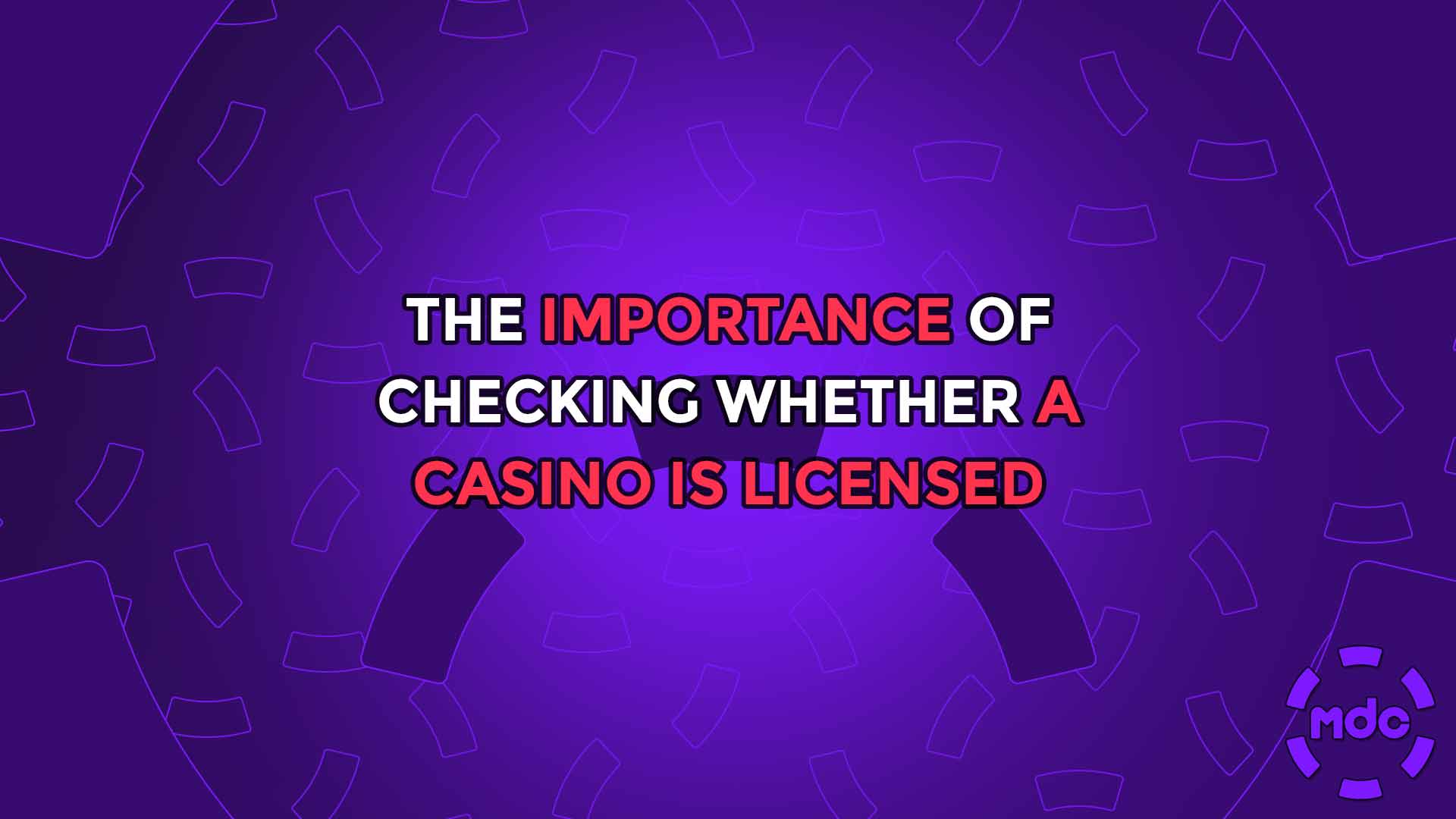
Gamlinked – July 2025
July 2025 has not been quiet for news in the gambling sector. This month marked a turning point, as regulatory tides continued to shift across continents. This is forcing operators, regulators, and players to keep pace with this evolving sector that’s moving faster than ever.
From renewed pushes for responsible gambling and financial transparency to breakthroughs in digital payment solutions, July’s headlines were dominated by one theme: adaptation.
Whether it’s operators recalibrating for new compliance landscapes or fintech companies unlocking fresh player bases, the industry’s focus is clear: innovate or get left behind.
From legislative shake-ups in Ireland and Spain to Latin America’s next-gen payment innovations, and New Zealand inching toward its own homegrown online casino market, July delivered change, challenge, and opportunity in equal measure.
Welcome to Gamlinked, your essential global digest of the biggest iGaming moves and must-know updates.
North America: A Focus on Regulatory
Big news from Ontario’s casino floors to your local lottery counter. As of July 11, 2025, the Alcohol and Gaming Commission of Ontario (AGCO) is officially cutting the red tape around responsible gambling (RG) training.
Casino and lottery operators no longer need to chase Registrar approval for their staff training programs. This means more freedom to build training that actually fits their people and their operations, without sacrificing the basics.
The Standard 2.5 has been refreshed and tosses out the old approval requirement while keeping the essentials. RG training is still non-negotiable. It needs to be mandatory, regularly updated, and rooted in best practices. Staff must know how to spot signs of gambling harm and step in with the right support.
So, what’s in it for operators? They can now shape and refresh training programs on their terms. And for those already using PlaySmart training, the good news is it still checks all the right boxes.
But why does all of this matter? To answer this, remember Ontario’s gambling landscape is evolving fast – especially online. AGCO is now walking a tightrope between innovation and responsibility. By easing up on approvals while still holding firm on RG standards, the regulator is clarifying that they trust online casino operators to do the right thing – but responsible gambling isn’t optional; it’s crucial.
Europe: Compliance and Consolidation
The Gambling Regulatory Authority of Ireland (GRAI) has released new licensing guidelines as the country prepares to launch its long-awaited national gambling framework. Expect strict rules covering anti-money laundering (AML) compliance, responsible gambling measures, and tight advertising controls.
Operators eyeing the Emerald Isle will need to bring their A-game. With these guidelines, Ireland’s clearly taking cues from the UK’s well-established model, layering in strong oversight and a health-first mindset. For international operators eyeing Ireland’s growing market, this isn’t a casual expansion play. You’ll need deep pockets and a compliance-first strategy to even get through the door.
Brands accustomed to more relaxed regimes could face an uphill climb adapting to the Irish rulebook. But for those willing to play by the rules, the reward is access to one of Europe’s most promising emerging markets. Ireland isn’t patching up old rules – it’s building a modern gambling framework from scratch.
The broader European market will also be watching closely, as Ireland’s framework could influence regulatory trends elsewhere on the continent. With player safety and responsible gambling taking center stage globally, Ireland’s move signals a clear commitment to public health without closing the door on innovation.
International investors and operators will likely find themselves weighing potential rewards against the compliance-heavy entry costs. Once the framework goes live, competition is expected to be fierce, with local and foreign brands vying for early market share in what could become a key European hub for regulated online gambling.
Meanwhile, in Spain, regulators have introduced new amendments designed to strengthen government oversight of the gambling sector. It focuses on increasing government involvement, with a bigger spotlight on online operators. Expect more teamwork between gambling authorities and health agencies, stronger player protections, and the introduction of centralized enforcement tools to keep operators in line.
The Spanish playbook is shifting – moving from light-touch oversight to hands-on intervention. The changes reflect a broader trend across Southern Europe: governments stepping in more directly to shape gambling policy, rather than leaving it entirely to market forces.
Spain’s centralization efforts may eventually serve as a blueprint for other nations seeking greater uniformity in enforcement and consumer protection. For operators, this could mean more reporting, stricter audits, and higher standards to meet – not just nationally, but across all touchpoints in the player journey.
Latin America: A Region on the Move
Payments powerhouse Paysafe just made its first big LATAM move, launching a digital wallet in Peru by expanding its PagoEfectivo platform. This isn’t your average e-wallet – it cleverly merges digital payments with cash-based options, opening doors for Peru’s unbanked and underbanked communities.
For online casino operators, this spells good news: faster, safer, and more accessible payments in a region where online gambling is heating up fast. As fintech bridges the financial gap, gaming brands have a clearer runway into Peru’s emerging market. It’s clear that fintech innovation is unlocking new doors for iGaming across Latin America’s high-growth regions.
The significance of this move goes beyond Peru. As neighbouring countries observe the success of digital wallets tailored to local payment habits, operators should expect similar fintech rollouts in Colombia, Chile, and Mexico over the coming years.
Payment accessibility has long been a bottleneck in LATAM’s online gambling expansion, but these tech innovations signal a turning point. For operators, that means less friction at checkout, higher deposit success rates, and access to previously untapped player segments.
Expect a domino effect as other payment giants follow Paysafe’s lead, sparking a wave of financial inclusion that could supercharge iGaming adoption across the continent.
Over in Brazil, where the gambling boom is in full swing post-2024 regulation, São Paulo’s biggest betting operators have just formed a new industry union. Brazil’s national rollout may be official, but inconsistent enforcement and tax confusion are muddying the waters.
By uniting, these operators aim to influence policy, standardize industry practices, and bring a bit of order to Brazil’s sprawling, state-by-state gambling map.
For international brands eyeing Brazil’s goldmine of a market, this development matters. State-level coordination could shape how future licensing and compliance frameworks evolve, making São Paulo’s operator-led push one to watch.
In Brazil’s fragmented regulatory environment, operators aren’t waiting for clarity – they’re building it themselves.
The stakes are high: Brazil’s population of over 200 million and its passion for sports betting make it Latin America’s biggest prize. But without cohesive regulatory guidance, navigating this landscape is risky. Industry observers are now watching São Paulo’s union closely. If it succeeds in setting unified standards, it could lay the groundwork for nationwide consistency – easing entry for international brands while improving consumer protections.
This self-regulatory momentum could shift Brazil from being a regulatory headache to one of the region’s most stable gaming markets in the years ahead.
Oceania: New Zealand Inches Closer to Legal Online Casinos
Big news from Aotearoa: New Zealand’s proposed Online Casino Bill has officially cleared its first hurdle in Parliament, marking a historic shift for the country’s gambling scene. The hurdle was the first reading, which is a major milestone in the National Assembly.
Right now, Kiwis mostly play through offshore sites or the limited offerings of Lotto NZ and SkyCity, but that’s set to change. The bill aims to legalize and tightly regulate online casinos under local oversight, giving players safer, homegrown options.
Support from stakeholders remains cautiously optimistic. Regulators are promising no free ride – strict licensing and serious harm-reduction protocols will be baked in from day one. Public health advocates, long vocal about the risks of offshore gambling, see this as a potential win because regulation could curb unregulated play and funnel players into safer environments.
For operators, this signals an opportunity. But for offshore sites, the writing’s on the wall: New Zealand’s preparing to bring its gamblers back onshore.
New Zealand is finally building a local, transparent online gambling industry – and it’s doing it the Kiwi way: carefully and with player protection front and center.
The bill’s progress marks the most significant gambling reform New Zealand has seen in decades, and it’s being shaped not just by industry voices, but by community consultation and public health input.
Policymakers have been clear regarding the objective. The goal is to create a sustainable online gambling sector that effectively balances entertainment with safety. This includes mandatory self-exclusion tools, spend limits, and stringent marketing controls in place to prevent aggressive promotion – especially toward vulnerable populations and communities.
For local businesses, this bill opens a new door to potential partnerships with international operators looking for a foothold in the New Zealand market. Licensing fees and compliance costs are expected to be high, but the potential long-term gains of being among the first legal operators in New Zealand are considerable.
Meanwhile, the government hopes that regulating the market will lead to improved tax revenue streams, which could be reinvested into community programs, responsible gambling initiatives, and other social justice programs. In short, legalisation isn’t just a commercial move in the sector – it’s actually a public health and economic move for the entire country.
The next few months will be critical as the bill heads toward its second reading. While many details are still being finalized, one thing’s clear: the days of unregulated offshore dominance in New Zealand are numbered. A localized, transparent, and tightly controlled online casino market is no longer just a possibility – it’s becoming an inevitability.





